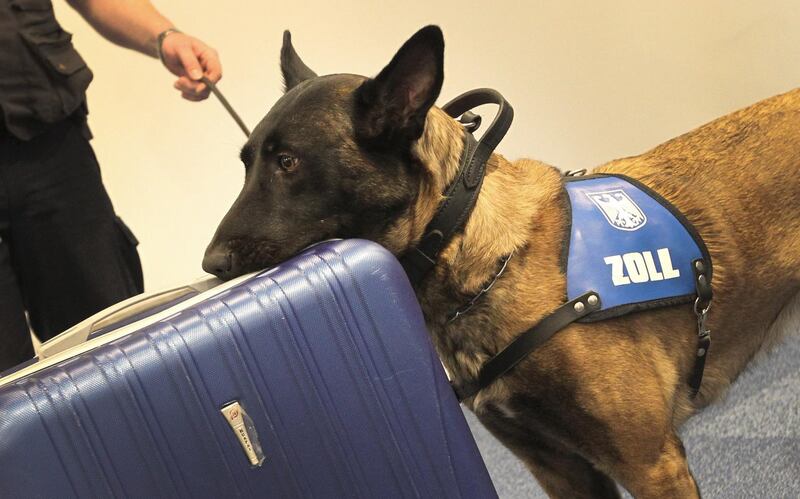The US State Department said on Monday it had stopped sending explosive-detecting dogs to Jordan and Egypt after several deaths linked to neglect.
The decision was made after the State Department’s Office of Inspector General identified in September the deaths of two animals sent to Jordan, the recipient of most of the animals.
A second report, released last Friday, put the fatalities at seven.
About 135 dogs are in the Anti-terrorism Assistance Programme, which helps eight countries with border and aviation security. Dogs already working in Jordan and Egypt will remain there while US authorities demand measures to improve the animals’ conditions and handling, a State Department official told reporters.
Prompted by a hotline complaint after the September report, the Inspector General learned that two more dogs sent to Jordan had died, one of heat stroke and another of poisoning from insecticide sprayed in or near its kennel.
Three of the 10 dogs sent to Egypt under the programme also died: one of lung cancer, one from a ruptured gall bladder and the third from heat stroke, the report found.
The September report said Zoe, a 2-year-old Belgian Malinois, had died in 2017 from heat stroke while working at the Syrian border.
Mencey, a 3-year-old Belgian Malinois, was euthanised in the United States in 2018 after he was returned from Jordan for treatment of a tick-borne disease.
The September report stated a vet had told the Inspector General’s office that “heat injuries are cases of negligence and improper care and are not accidental” and that dogs who die of heat stroke “suffer a terrible death”.
The Inspector General found that dogs were sent to the foreign partners without signed written agreements outlining standards of care and that there were no adequate follow-up checks on the animals’ well-being.
“Improving health and welfare is something that’s continual and gradual. It will not happen overnight, and that’s why improving kennel conditions, improving how many times they check on the canines – those are all things we’re actively working on,” another State Department official said.






